EU’s Culture Compass for Europe
Aligning vision, values and action for Europe’s cultural ecosystem.
More
Acknowledging the challenges the European dance sector is facing, EDN’s online conference provides insights into adaptive measures across Europe, emerging practices and current needs, envisioning a renewed dance ecosystem after a period of crisis.
EDN organized an online conference inviting cultural operators, artists, academics, local and international policy-makers.
Thursday, 10 December 2020, 14:30 CET, Zoom
Acknowledging the challenges the European dance sector is facing, EDN invites cultural operators, artists, academics, local and international policy-makers to discuss adaptive measures and emerging issues that will contribute to co-designing a future-oriented approach for the field.
Cross-country collaborations, co-productions and work presentations have shaped the dance sector as highly international. Contemporary dance art-forms and practices, part of our intangible heritage, are being continuously created in dialogues between diverse local contexts and the international dimension.
Throughout the recent years, mobility has been prioritized as a fundamental feature in supporting the sector. Today, new paradigms have to emerge in order to tackle the sector’s need for achieving long-term sustainability.
Building on the latest field developments, EDN’s online conference provides insights into adaptive measures across Europe, emerging practices and current needs, envisioning a renewed dance ecosystem after a period of crisis.
Conference Video
Thursday, 10 December 2020 / Zoom
PART 1: 14:30 CET – 16:25 CET panel: open participation, Zoom link was shared with all the registered participants
PART 2: 16:30 CET – 18:00 CET discussion and outcomes: limited participation, subject to confirmation by the host
The conference was held in English.
The agenda is available on this link.
Conference Program
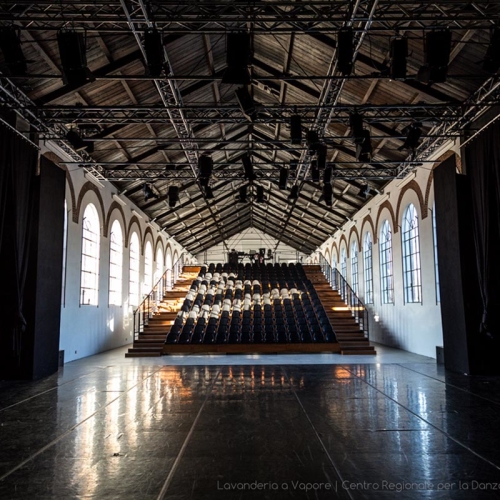
Panel 14:30 - 16:25 CET
14:30 CET
Opening statements
14.45 CET
Session 1 – European Dance Sector: Current Policies and Practices
The effects of COVID-19 regulations enhanced the structural and endemic fragilities in the contemporary dance ecosystem, forcing the sector into a fast response to paradigmatic shifts.
Dance sector has had to face the following challenges: long closure of choreographic centres and theaters (loss of revenue; loss of audience; maintaining social distancing measures); shifting live arts into digital forms; loss of income for independent artists and organisations; interruption of mobility for artists as well as for cultural operators and audience ; suspension of the value chain (new production and touring). The session will provide an overview of the Dance Sector after COVID 19 drawing on lessons learnt across Europe.
Q&A Session 1
15:15 CET
Session 2 – Mobility beyond Circulation: A Shifting Paradigm
The session will begin with a short overview of the binomial ‘mobility – internationalisation’ as developed along the last 20 years; also due to the strong support of European institutions and funding schemes. Internationalization, multiculturalism and constant exchange have been the key features in (re)defining dance infrastructure as well as artistic content. What are the current scenarios? How does the sector readapt to the actual situation? Can the sector reach its sustainability goals while shifting the paradigm of mobility and internationalisation?
Q&A Session 2
15:50 CET
Session 3 – Dance and Political Activism – Towards Wellbeing
What are the emerging practices that can progress the dance sector further? What is the ‘hope’ after the crisis? From the online #DanceAndWellbeing Campaign to the trans-local experiments and practices, ‘well-being’ has emerged as a dance-specific paradigm accompanying us in this transition.
16:20 CET
Closing remarks: End of Part 1
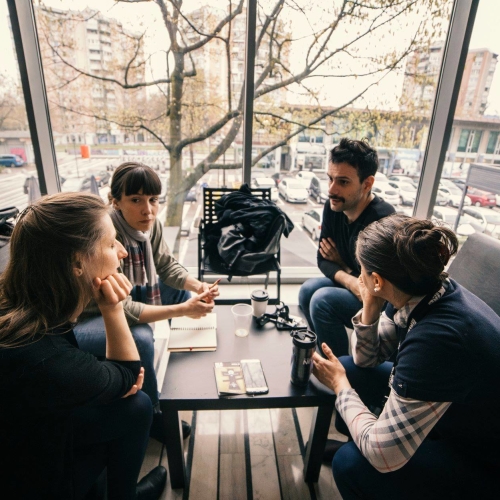
16:00 CET – 18:00 CET
PART 2: Breakout room discussions
Limited participation
Breakout Room Discussions 16:30 - 18:00 CET
16:30 CET
ROOM 1 – Emerging Practices in Contemporary Dance: Focus on Artists’ Needs
(discussion facilitated by Roberto Casarotto and reported by Hana Kolić)
ROOM 2 – Internationalization and Mobility: Ways Forwards
(discussion facilitated by Joris Janssens and reported by Eddie Nixon)
ROOM 3 – Local and International Policies and Perspectives*
(*intended mainly for local, national and international policy makers and EACEA)
(discussion facilitated by Kerstin Evert and reported by Carlotta Scioldo)
17:30 CET
Plenary closing session:
Discussion outcomes, conclusions and recommendations
18:00 CET
Closing remarks: End of Part 2
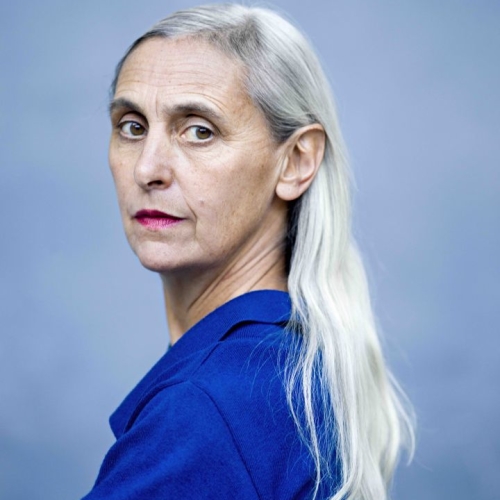
Anne Teresa De Keersmaeker
(choreographer, founder of Rosas Company)
In 1980, after studying dance at Mudra School in Brussels and Tisch School of the Arts in New York, Anne Teresa De Keersmaeker (b. 1960) created Asch, her first choreographic work. Two years later came the premiere of Fase, Four Movements to the Music of Steve Reich. De Keersmaeker established the dance company Rosas in Brussels in 1983, while creating the work Rosas danst Rosas. Since these breakthrough pieces, her choreography has been grounded in a rigorous and prolific exploration of the relationship between dance and music. She has created with Rosas a wide-ranging body of work engaging the musical structures and scores of several periods, from early music to contemporary and popular idioms. Her choreographic practice also draws formal principles from geometry, numerical patterns, the natural world, and social structures to offer a unique perspective on the body’s articulation in space and time. In 1995 De Keersmaeker established the school P.A.R.T.S. (Performing Arts Research and Training Studios) in Brussels in association with De Munt/La Monnaie.
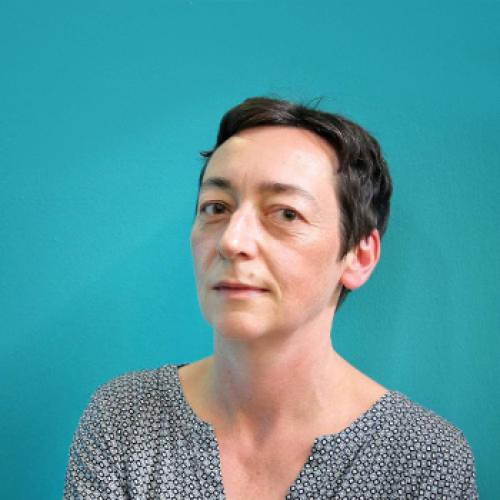
In order of Appearance
Kerstin Evert
K3 – Zentrum für Choreographie | Tanzplan Hamburg I Germany
Kerstin Evert founded the choreographic center K3 in Hamburg in August 2006, and has been the director of K3 – Zentrum für Choreographie | Tanzplan Hamburg since then. She works as a lecturer at universities in Berlin, Bern, Gieβen, Hamburg, Frankfurt/Main and Salzburg, among other places, and she is member of several juries and advisory boards.
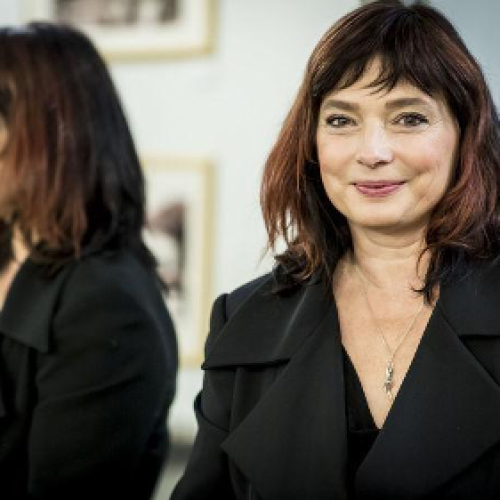
Yvona Kreuzmannová
Tanec Praha, Czech Republic
Yvona Kreuzmannová has founded Tanec Praha (NGO) since 1991, she is the director of TANEC PRAHA International Dance Festival and PONEC – dance venue. From 2006 to 2008 she worked as an external advisor to the Czech Minister of Culture. In 2004 she was awarded by the French President Chevalier de l’Ordre du Mérite National for her outstanding contribution to the development of European cultural cooperation.
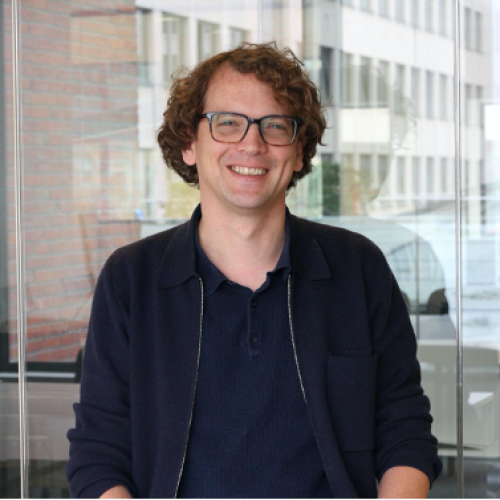
Joris Janssens
IDEA Consult, Brussels, Belgium
Joris Janssens (IDEA Consult) is an expert with an extensive experience in research and strategic development projects and public policy advise, in Flanders and abroad. His research and projects focus on diverse aspects of thearts ecosystem in Flanders, Brussels and beyond: the international dimension of the arts, the position of artists, local and international cultural policy, arts and urban development and cultural diversity.
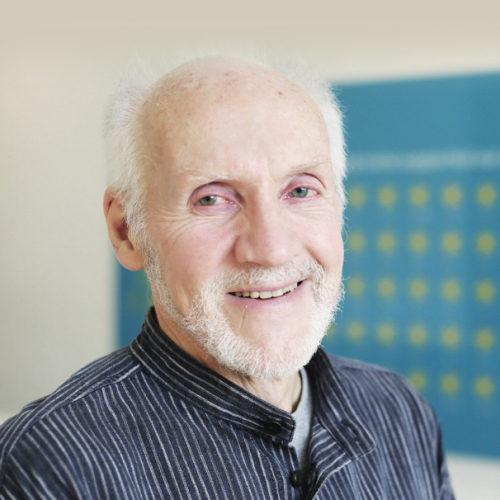
John Ashford
Aerowaves
John Ashford is Director of Aerowaves, the European network for new dance discovery he founded in 1996. The expert network of 46 partners representing dance artists across Europe creates cross-border performance opportunities and enhances connections between dance artists, programmers and audiences across Europe.
John Ashford CBE was previously Director of The Place Theatre and ICA Theatre in London, and founding Theatre Editor of Time Out magazine.
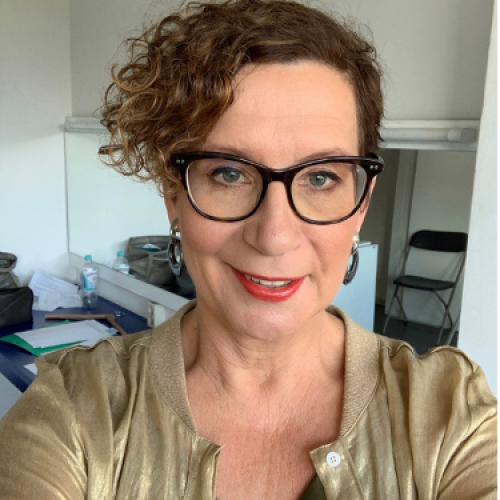
Virve Sutinen
Big Pulse Dance Alliance
Virve Sutinen has been the artistic director of Tanz im August – International Festival Berlin since 2014. She has worked in the arts and cultural sector as a managing director, artistic director, organiser, producer, journalist, and editor-in-chief. Before Tanz im August, she was the artistic director and general manager of Dansens Hus Stockholm, and first performing arts curator and head of Kiasma Theatre, in Kiasma, the Museum of Contemporary Art Helsinki.
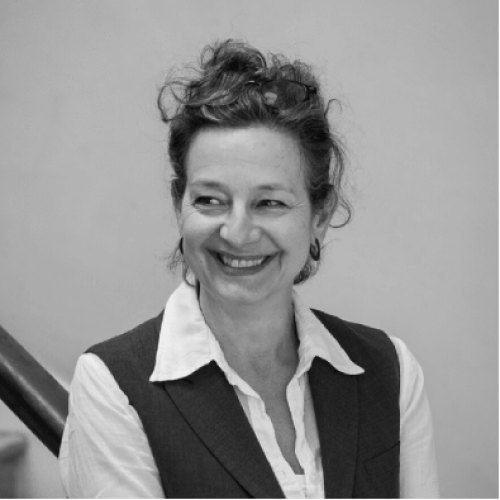
Emma Gladstone
Dance Umbrella, London, UK
As Artistic Director & Chief Executive of Dance Umbrella Emma Gladstone runs London’s international dance festival.
Previously Emma was Artistic Programmer at Sadler’s Wells 2005-13, and has worked extensively with the British Council, Southbank Centre, The Place and the Rolex Mentor Protégé programme. She is Chair at Siobhan Davies Studios, and a Trustee at Aesop and Dartington Hall Trust.

Roberto Casarotto
Centro per la Scena Contemporanea di Bassano del Grappa, Italy
Since 2006, Roberto Casarotto has been responsible for dance projects and programmes for the Centro per la Scena Contemporanea di Bassano del Grappa (CSC) and Operaestate Festival Veneto.
Currently involved in several international projects supported by the EU Creative Europe and Erasmus + Programmes, he develops initiatives aimed at supporting artistic research, mobility and artistic development in the field of dance, the engagement of communities and participation of citizens in cultural activities.
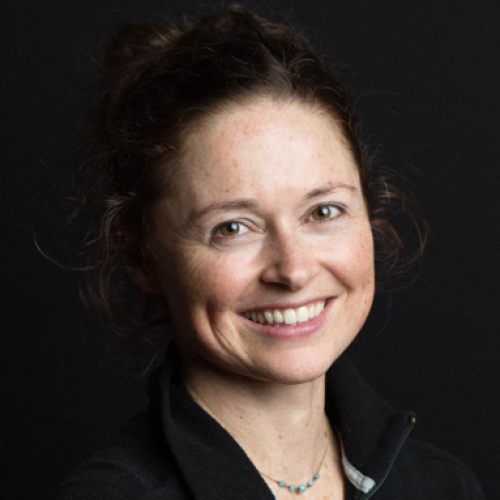
Monica Gillette
Migrant Bodies - Moving Borders
Monica Gillette is a choreographer and dramaturge, with expertise in artist driven networks, participatory projects and transdisciplinary research. She is the project dramaturge for the EU funded projects Empowering Dance, Dancing Museums and Migrant Bodies – Moving Borders. Since the arrival of Covid-19, she has been active in developing several formats for international exchange, shaping and facilitating new collaboration and artistic practices for the digital space. In 2017 she and Yasmeen Godder were awarded the Shimon Peres prize for their artistic leadership of the Störung/Hafra’ah project, which brought together people living with Parkinson’s Disease, professional dancers and scientists to collaboratively research movement.
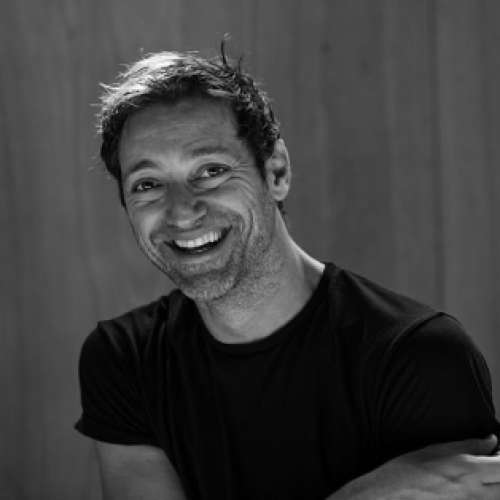
Euripides Laskaridis
OSMOSIS
Euripides Laskaridis is a stage director, performing artist and founder of the OSMOSIS performing arts company. The company’s first travelling work, RELIC (2015), has been performed at more than thirty festivals and venues worldwide, including the Lyon Biennale de la Danse, Palais de Tokyo, the Barbican Pit, and the Public Theater in New York. International tour stops of his 2017 work TITANS include Théâtre de la Ville, Festival TransAmériques, Berlin’s Tanz im August, and the Hong Kong Arts Festival. In late 2019, his new international co-production ELENIT premièred at Onassis Stegi in Athens before setting off to tour the world, alongside RELIC and TITANS. In 2016, Euripides was awarded an inaugural Pina Bausch Fellowship.
(in order of appearance)
Carlotta Scioldo
Cultural policy expert Brussels, Belgium and PhD candidate at Politecnico di Torino, Italy
Laurent Meheust
President of European Dancehouse Network and deputy director of KLAP Maison pour la Danse, Marseille, France
Anne Teresa De Keersmaeker
Artist, choreographer, founder of Rosas dance company and P.A.R.T.S. - Performing Arts Research and Training Studios, Brussels, Belgium
Walter Zampieri
Head of Creative Europe Unit, EACEA
Hana Kolić
Performing artist and EU training programme coordinator, Brussels, Belgium
Eddie Nixon
Artistic director of The Place, London, UK
Luisella Carnelli
Researcher at Fondazione Fitzcarraldo, Torino, Italy